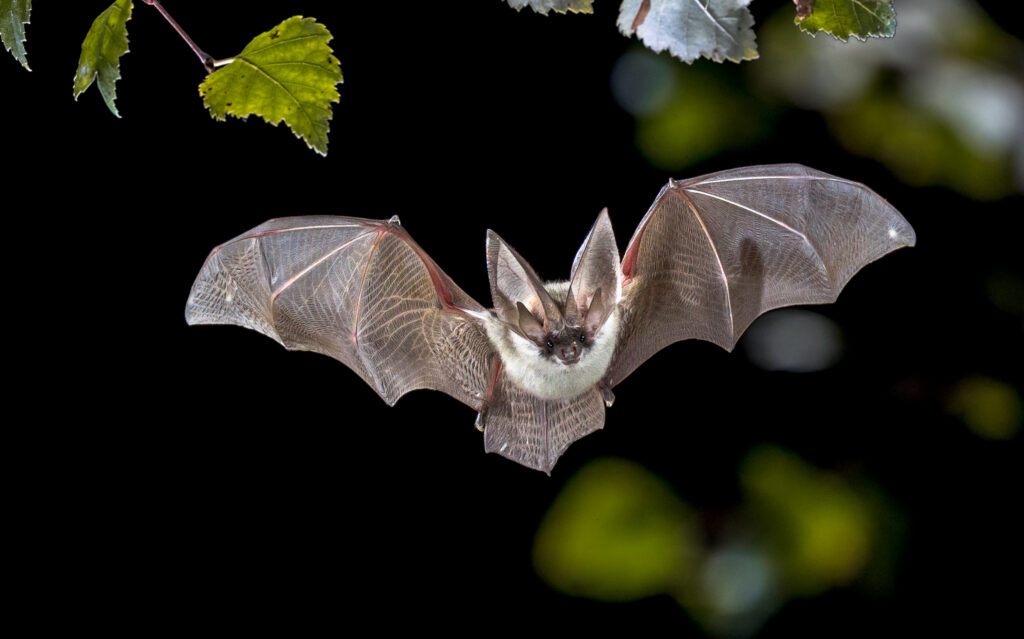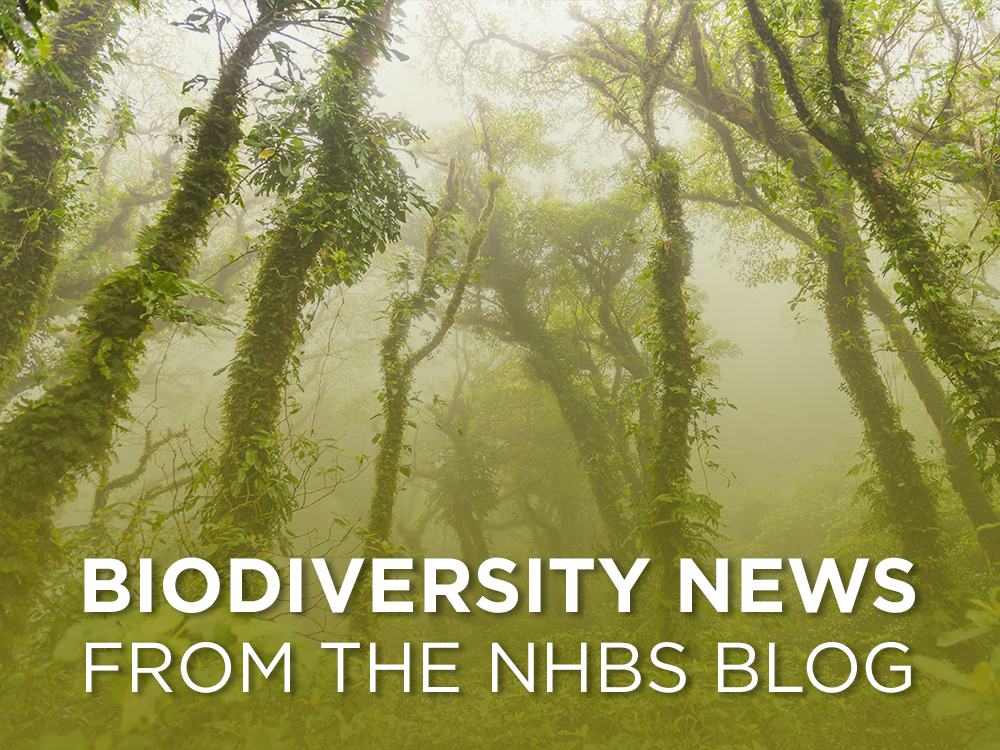Environment
The number of plastic bags found on beaches has reduced by 80%. Since mandatory charges were introduced in the UK, data recorded by the Marine Conservation Society’s annual litter survey has recorded a marked decrease in the number of bags found on UK beaches – last year the survey recorded an average of one plastic bag every 100m, down from five in 2014. The discovery has led to calls for action to further reduce other types of marine litter.
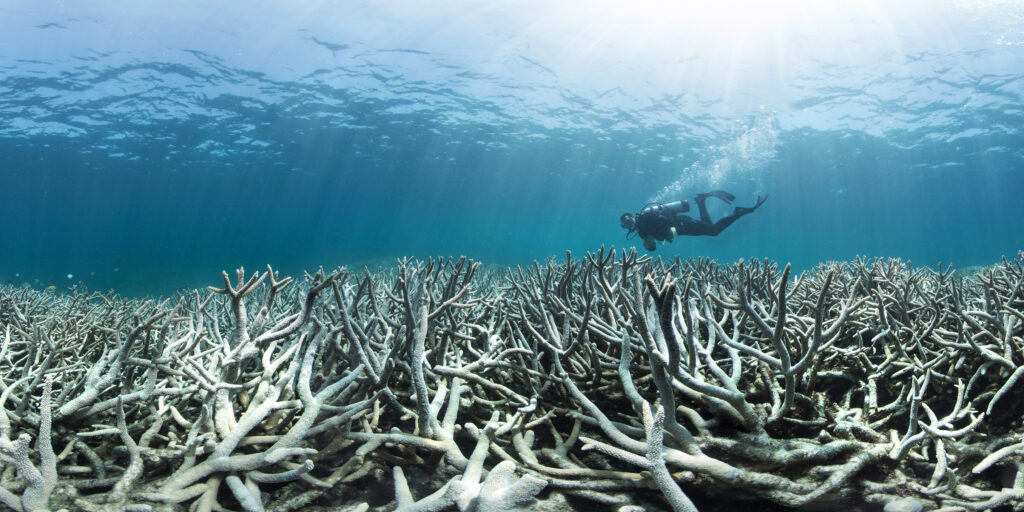
The world’s reefs are in the middle of the most widespread heat event since records began. After 18 months of record-breaking temperatures, reefs in over 70 countries have been impacted and over 73% of reefs have experienced temperature extremes high enough to initiate bleaching. This event is the second recorded in the last ten years and is the fourth global coral bleaching event on record. Reef conservationists and researchers are urging the scientific community to rethink ways to tackle these events, and are calling for the redoubling of efforts to reduce other stressors on reef habitats.
Discoveries
Chimpanzees have been observed turn-taking during conversation. Researchers have followed five groups of Eastern Chimpanzees (Pan troglodytes schweinfurthii) in Tanzania and Uganda, recording the chatter between groups. The team recorded over 8,500 gestures used in back-and-forth conversation, finding a response time of around 200 milliseconds – the same time as observed in humans. Gestures involve hand flicking to shoo others away and stretching of hands to ask for food. Researchers believe that, in this species, gestures do the talking, while facial expressions and vocalisations add tone to the conversation.
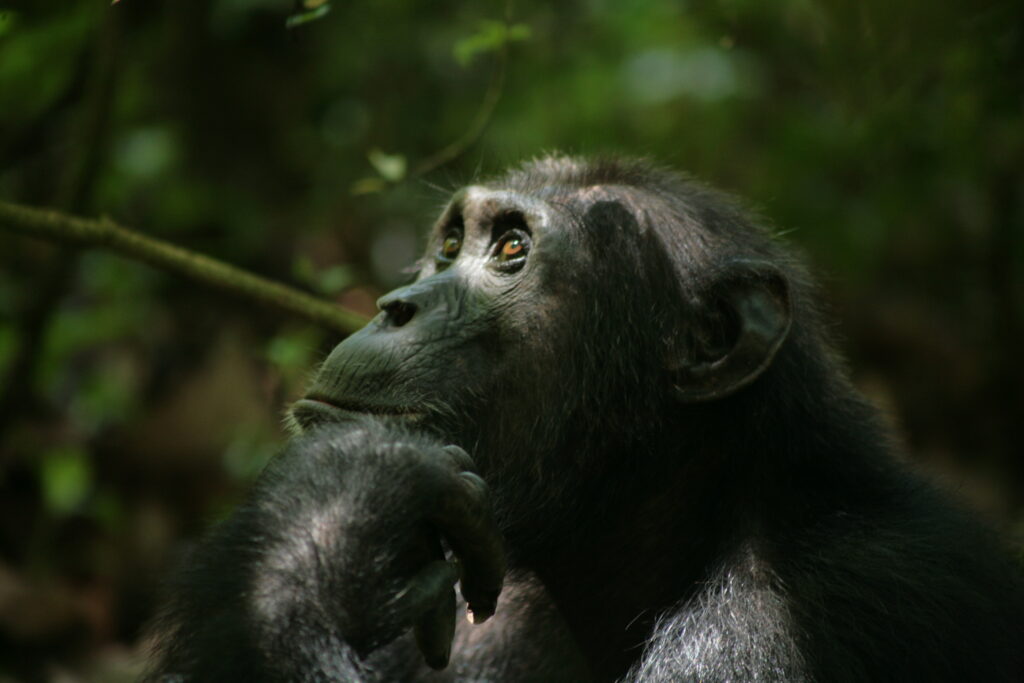
Brazilian wild sharks have tested positive for cocaine. Previous studies have found traces of cocaine in rivers, seawater, wastewater, and smaller marine organisms such as shrimp and mussels, causing serious toxicological effects. However, the concentration observed in Rio’s sharks is around a hundred times higher than other animals testing positive for this substance. The contamination source is currently unknown but is thought to have originated from losses during shipment or the dumping of narcotics to evade authorities. Particularly worrying, the Brazilian Sharpnose Sharks (Rhizoprionodon lalandii) analysed in this study are a component of the Brazilian diet, and it is not yet known how this contamination could impact humans.
Conservation
A near extinct species of crocodile is making encouraging progress in Cambodia. In June, sixty Siamese Crocodiles (Crocodylus siamensis) hatched, following the discovery of five nests in May; a rewarding result from nearly two decades worth of conservation efforts in the Cardamom mountains. Once widespread, these animals have been subject to hunting and habitat loss, resulting in their classification as critically endangered . Since 2012, a collaborative programme by local officials and Fauna & Flora has successfully released nearly 200 individuals, helping to maintain the global population which currently sits at around 400.
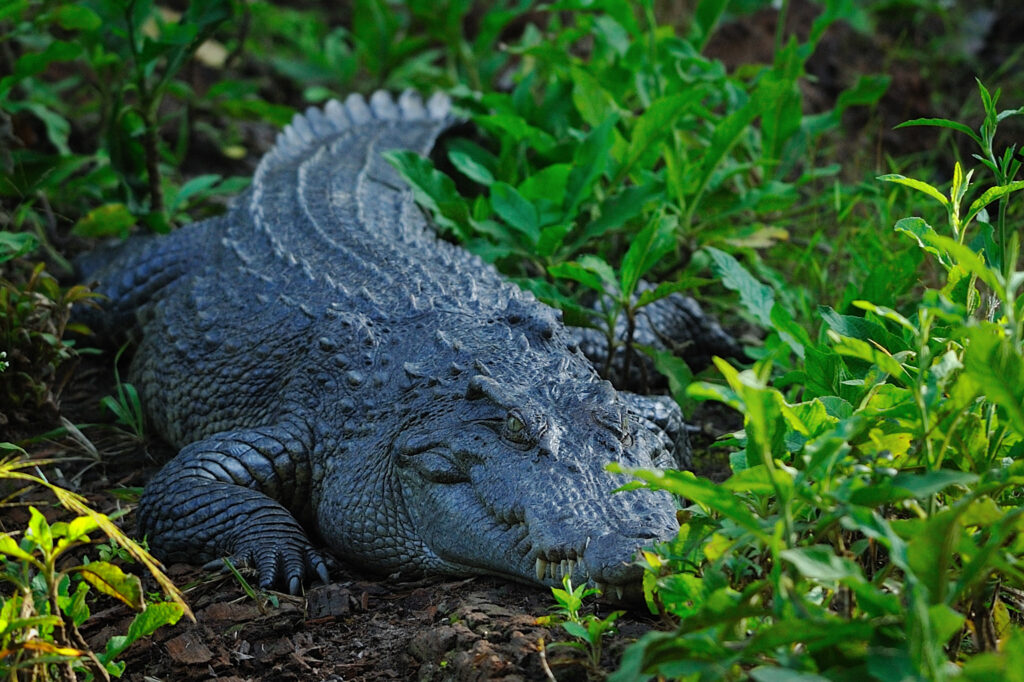
Butterfly numbers in the UK are the lowest on record. An unusually wet spring and summer has dampened mating opportunities for butterflies across the country, resulting in a dramatic decrease in populations. With populations still struggling to bounce back from 2022’s drought, the wettest spring since 1986 has further prevented butterfly recovery across the country. Populations are at the lowest recorded since Butterfly Conservation’s Big Butterfly Count began 14 years ago, and as a key indicator species for habitat health, the findings are particularly troubling for the wider environment.
There has been a surge in ‘starving’ bats in Britain. Conservation groups have reported an increase in malnourished, underweight bats and fewer individuals overall for this time of year. A wetter-than-average spring and summer have negatively impacted insect, butterfly and moth populations, resulting in a blow to food sources for these animals. With nursing mothers unable to feed their young, volunteer organisations caring for bats are also seeing a surge in admissions.
